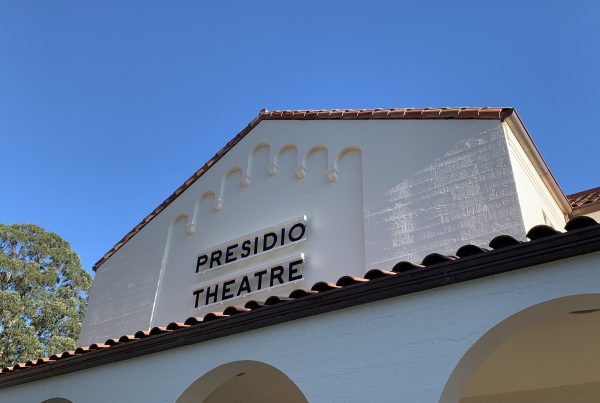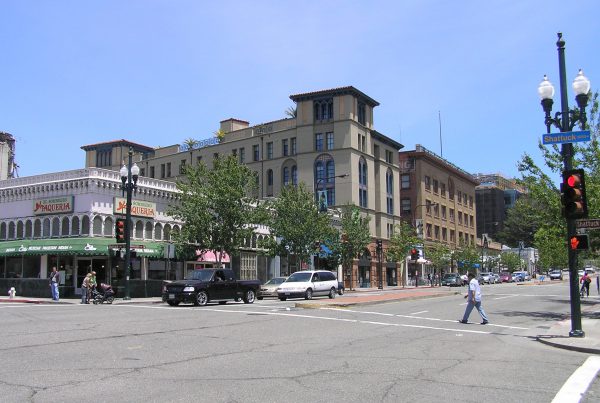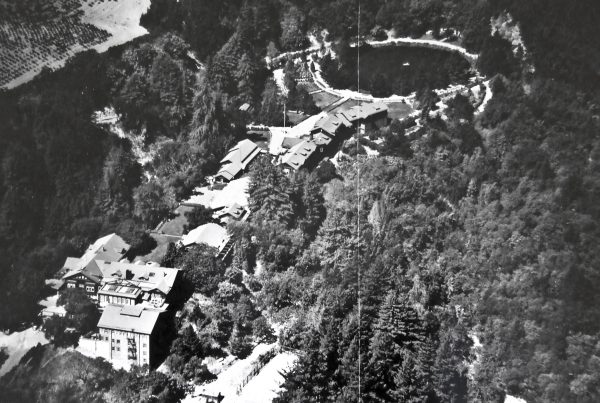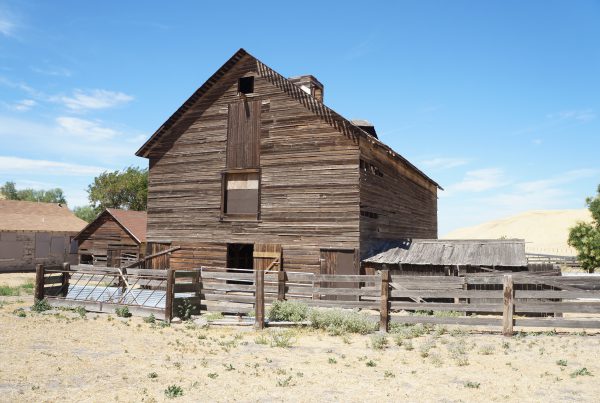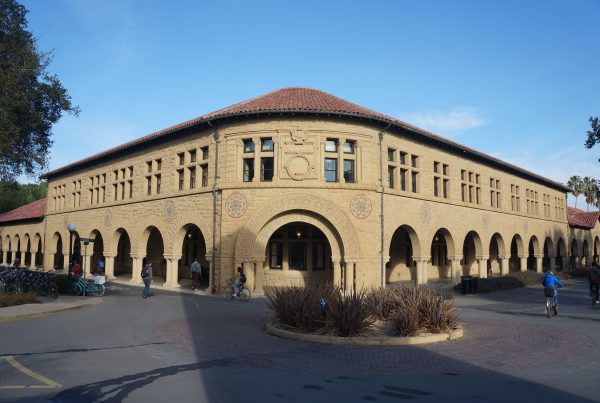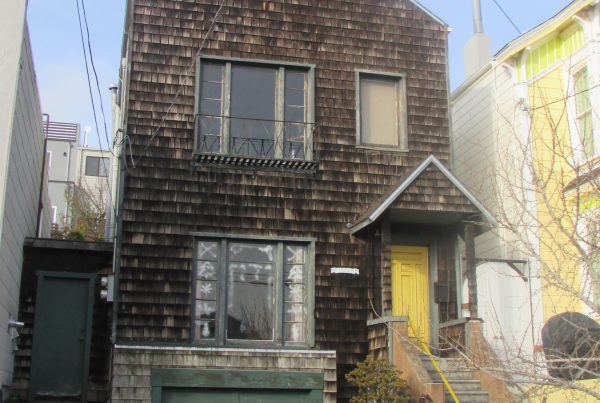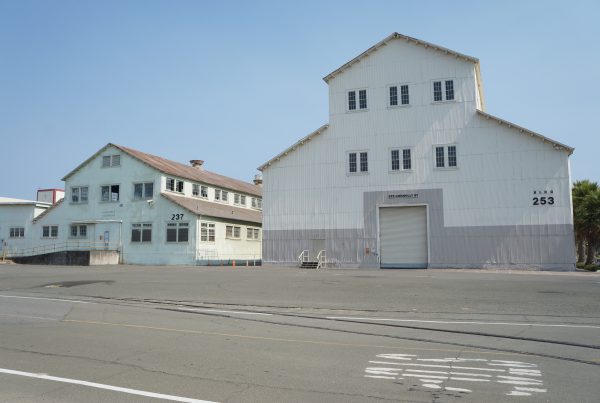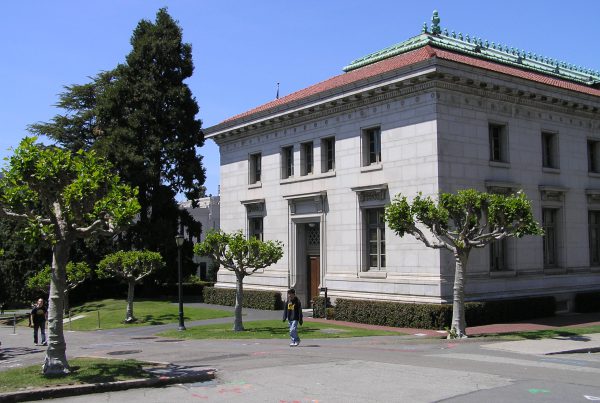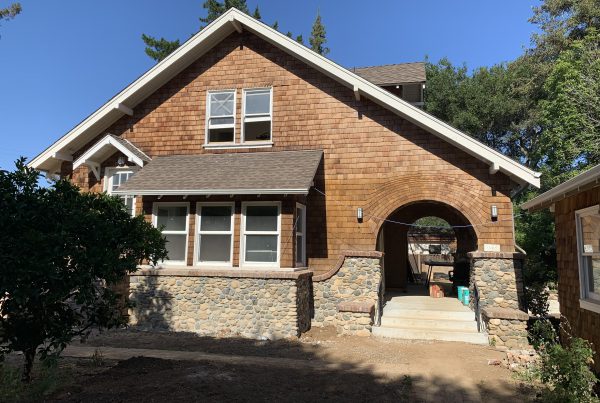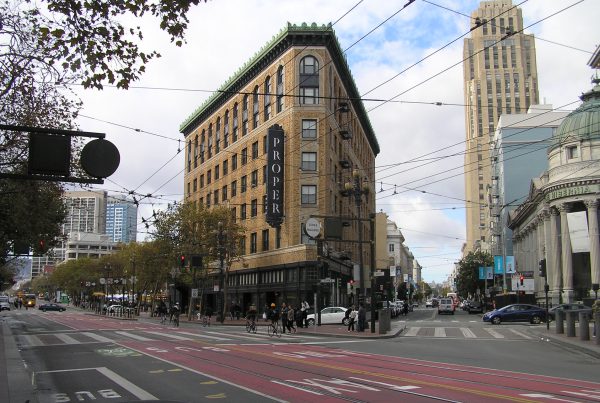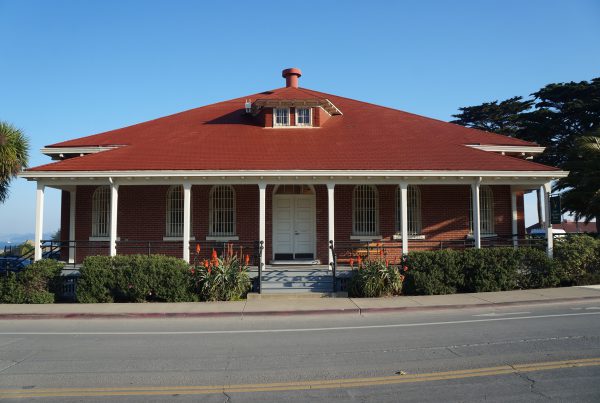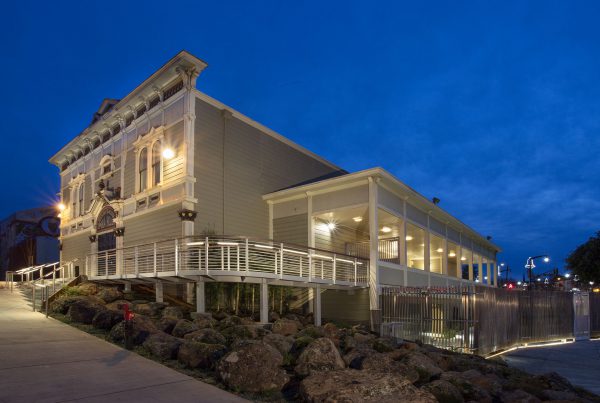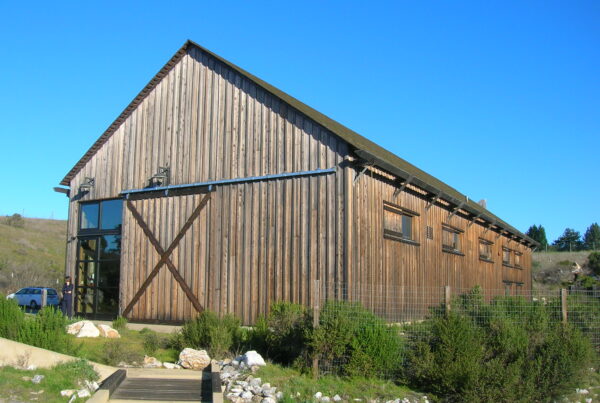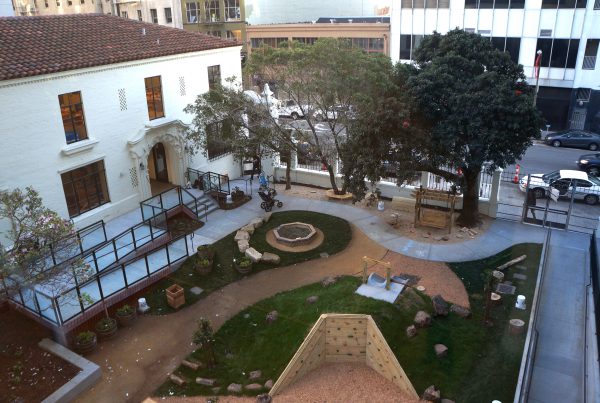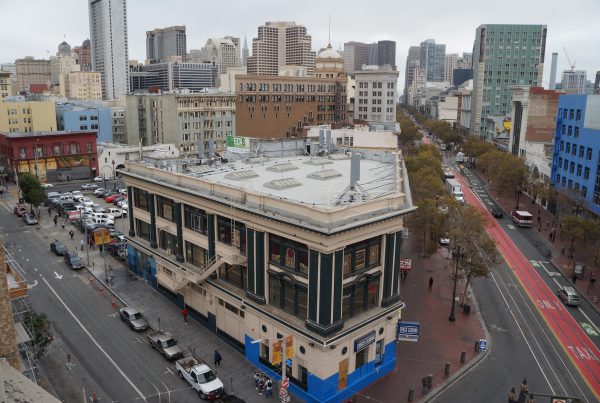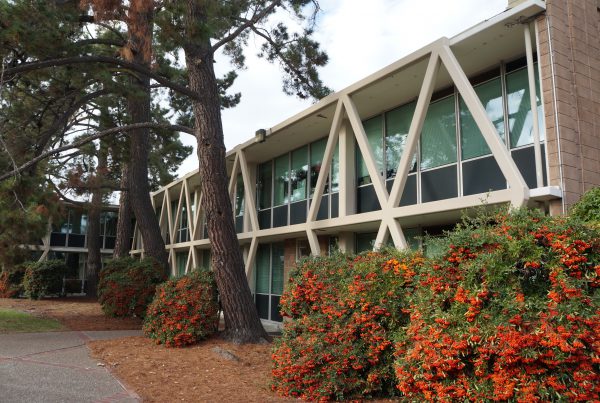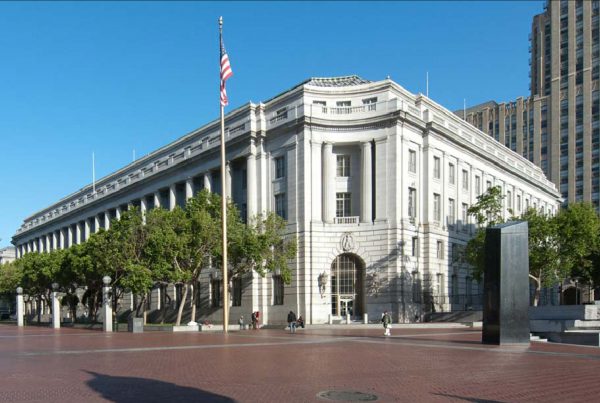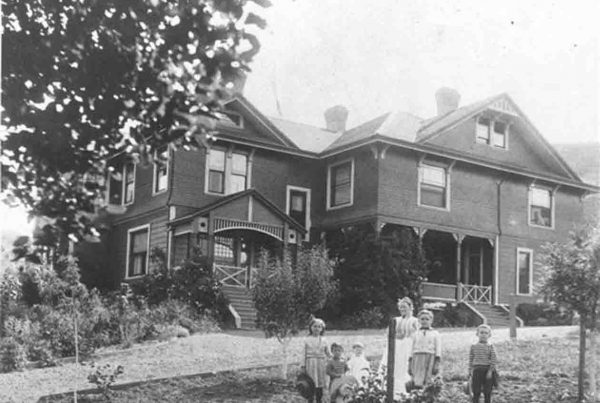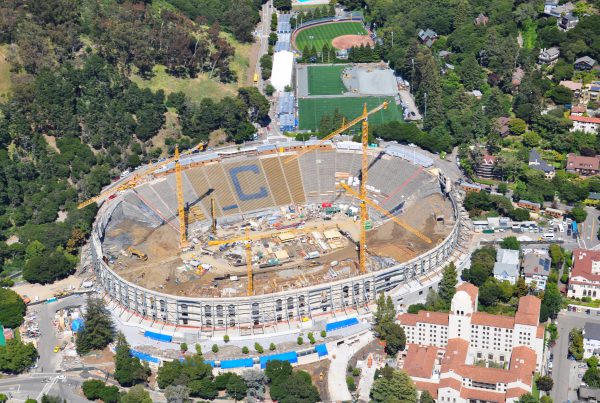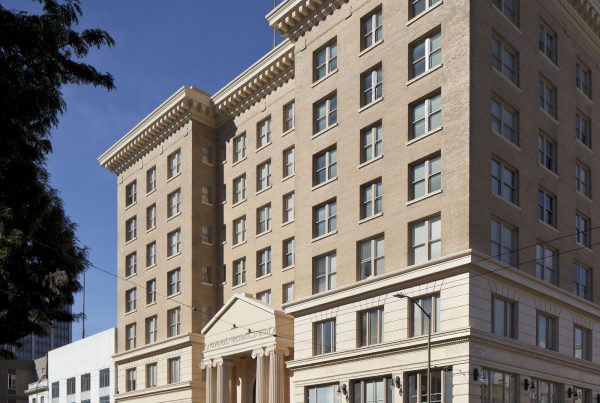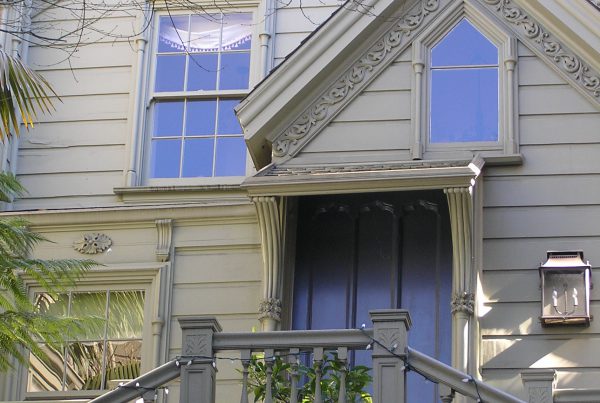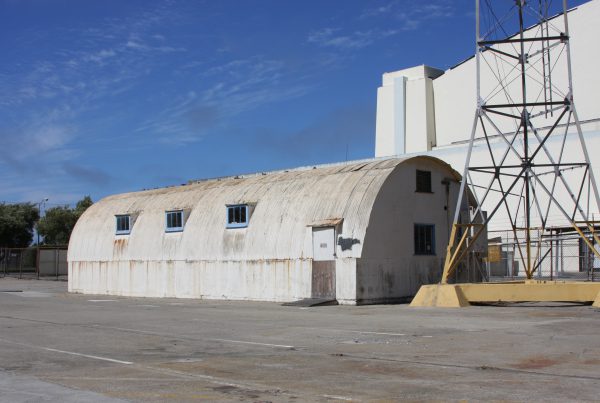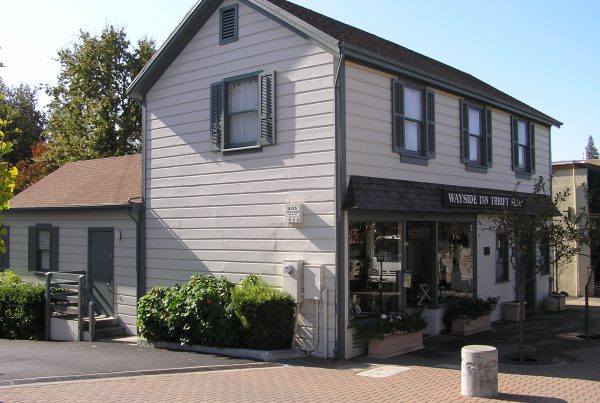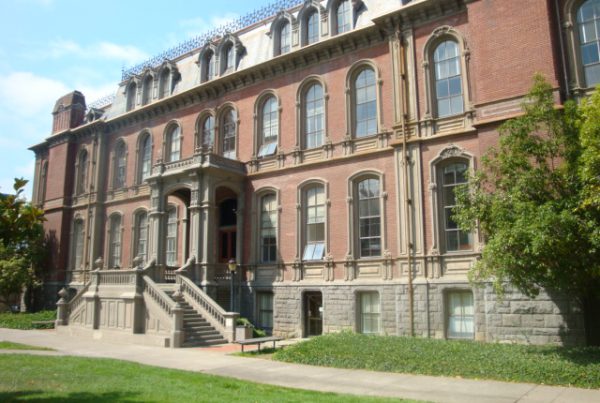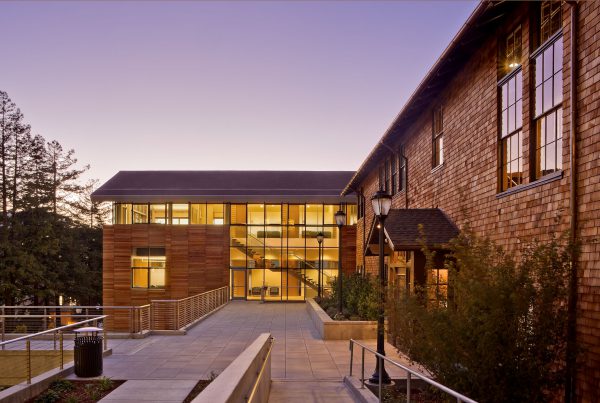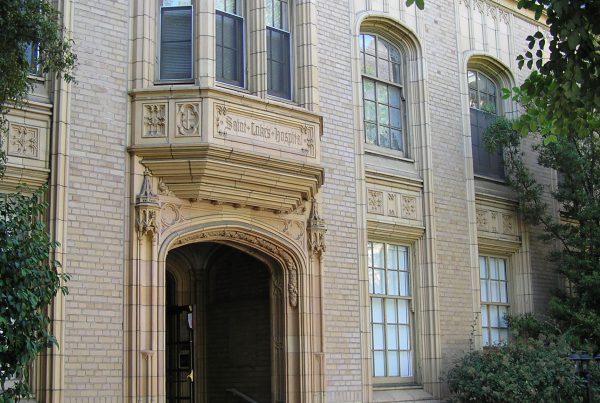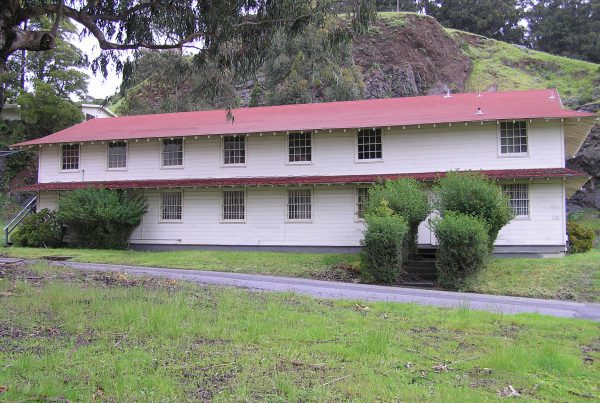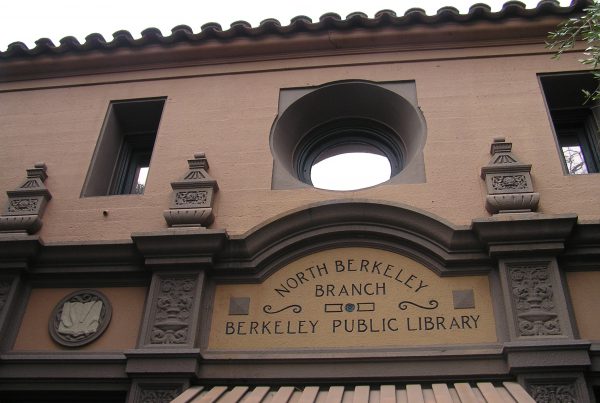Architecture and Rehabilitation
Public Sector
Knapp Architects has broad public sector experience, including local, state, and government projects, where we engage with communities to rehabilitate their vital properties. The firm has been integral in small- and large-scale projects that involve preservation, rehabilitation, restoration, adaptive reuse, and accessibility. We apply this knowledge creatively and in a variety of ways so that historic resources may adapt for new uses but also continue to express their historical character and maintain a contextual sense of place. We have worked with public entities navigating various review processes and multiple agencies in design and construction to make the process more efficient and streamlined. Public entities we have worked with include the National Park Service, Presidio Trust, U.S. General Services Administration, East Bay Regional Parks and Midpeninsula Regional Open Space District, San Francisco Arts Commission, San Francisco Public Works, and Port of San Francisco.
Higher Education
Knapp Architects is involved with college campuses as a sector at the core of our professional focus. Our expertise aligns well with campus protocol to unify new and old to promote the continued use of buildings and the unique character of each campus and, in turn, enhancing the daily life of an educational community. Our work includes the campuses of the University of California Berkeley, Stanford University, and University of California, Santa Cruz. Presenting with former UC Berkeley Associate Vice Chancellor Emily Marthinsen, Frederic Knapp provided an overview of campus historical issues at the annual convention of the Society of College and University Planners and at a regional SCUP conference on Mid-20th Century buildings.
Commercial
From building rehabilitation to complex adaptive reuse, our work in this sector is broad. Engaging with private clients, businesses, developers, and donors, our involvement is founded on partnering through the process of entitlements, historical review, design, and construction. For the public review process, we have prepared sponsor packets, presentations, and concept drawings. In project development, we perform historical documentation followed by preparation of rehabilitation drawings and specifications. We use our vast expertise during construction to resolve unforeseen conditions and integrate the new with the old so that the result is seamless and spectacular.
Residential
From renovations to additions, we work with homeowners to develop their vision for a new living space or rehabilitation of treasured historic fabric. We have worked on unusual and historically valuable properties that required delicacy in preservation and an understanding of compatibility to integrate new work. Depending on the client’s needs, our design process begins with programming and concept design through schematic design and design development, culminating in working drawings for permitting and construction. Our goal is to walk the client through this process step-by-step to develop their vision and gauging their comfort at each stage.
Architectural History
Architectural History and Historic Significance of Properties and Districts
At the heart of what we do is history, we enjoy the clues that are left to us to weave together an image of history that each property reveals. Knowing the value of a resource and its place in history is paramount to infusing it with a new use or reviving its integrity. Our historical assessment projects for residential, commercial, and public clients has provided a basis of connecting them to the value of their property and how it can be best secured for the future.
Documentation
Documentation, Planning, Condition Assessments, and Feasibility Studies
Compiling historical information is essential to understanding the background of a property and inform its future development. For this sector of work, it is paramount that a record of a property and its buildings be compiled with practical information that can be actively used for the purposes of maintenance and rehabilitation. Knapp Architects has worked with individual clients and larger entities to provide planning, condition assessments, and feasibility studies that have documented and moved projects forward in development.
Compliance
Historic Resource and Project Evaluations
Government entities often require an evaluation of significance for a property and if a proposed project is in compliance with preservation standards so that the historic resource retains its character and integrity. In some cases, demolition of portions of a property are evaluated to understand if there is an impact overall. In other cases, evaluations entail some thoughtful analysis of a proposed design to determine if it melds with the primary characteristics of the historic property.
Federal and Local Historic Preservation Certification and Tax Credits
There are a number of incentives for the rehabilitation of historic properties from federal tax credits to local property tax reductions. This type of work involves preparation of documentation and review at different levels to ensure that preservation standards are being met and that projects are constructed to preserve our shared heritage. In our experience, the results of collaboration of the project team, reviewing bodies, and contractors to meet requirements for incentives can produce some of the most innovative and beautiful results.

